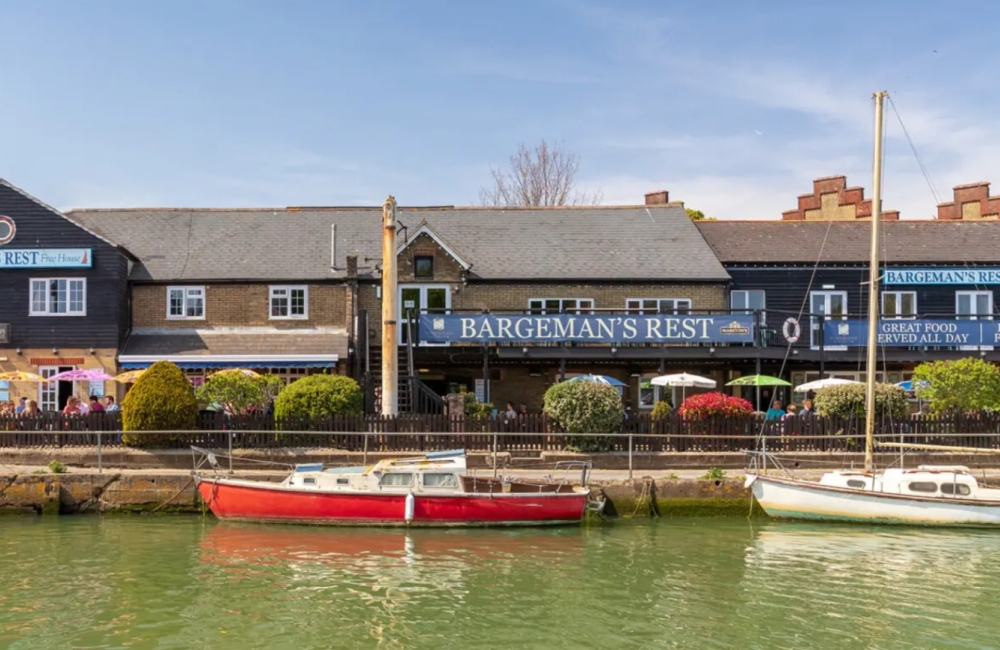Explore the Island on foot
Walking on the Isle of Wight is an extremely popular pastime, and the Island is a popular destination for hiking enthusiasts. Not only do the different terrains offer a variety of challenges, but the landscapes and sunsets provide some incredible sights to admire, which keeps the walkers coming back every year.
The Island is an all season walkers’ paradise with more than 500 miles of well maintained footpaths winding through fields and forests. Some 64 miles follow the spectacular coastline, nearly half of which is classed as 'Heritage Coast’, and more than fifty percent is designated as an area of outstanding natural beauty.

walks to try
With so much of the Isle of Wight designated an Area of Outstanding Natural Beauty there are hundreds of miles of secluded strolls and walks to discover.
There really is no better way to discover the Island than on foot, as you explore miles of unspoiled countryside and coastline. Meander through charming woodland, march across golden sand dunes, admire idyllic coastline from clifftops and be rewarded with spectacular views around every corner.
walking events on the isle of wight
Thanks to the Island's varied terrain and miles of scenic walking trails, naturally it's a fantastic location for walking events. Click to find out more.
isle of wight Ultra challenge
With three quatre, half, quatre and 10-mile option, there's an Isle of wight Ultra Challenge for everyone in 2025.
walk the wight
Celebrating it's 35th birthday in 2025, the Island's largest and most iconic fundraising event, Walk the Wight returns on 11 May 2025!
isle of wight Walking Festival
The Isle of Wight Walking Festival remains one of the UK's most loved and largest Walking Festivals, offering over 150 walks across two nine-day events, for all ages and abilities.

pub walks
Walkers seeking a stroll and a pub lunch are spoilt for choice on the Isle of Wight.
There are 500 miles of footpath and dozens of country and coastal pubs, all waiting to be explored and discovered.





